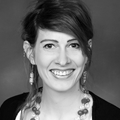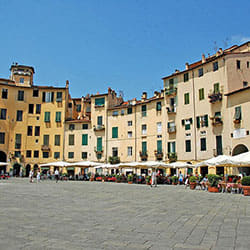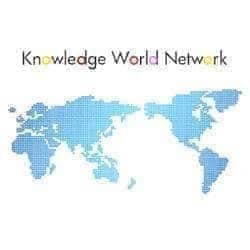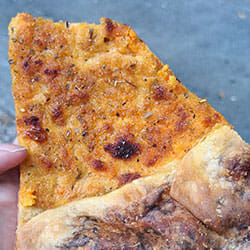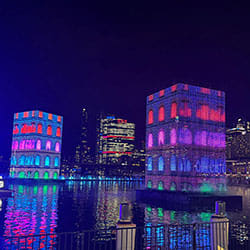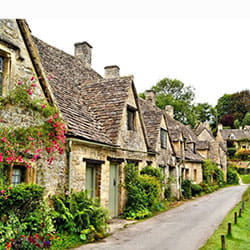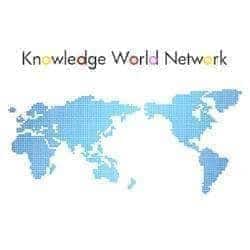In Berlin, where construction works including large scale urban planning are of frequency, a particularly special project is currently underway. It is the
reconstruction of the Berlin Palace.Built in 1443 for the House of Hohenzollern, the palace has been reconstructed several time throughout its history. An especially significant change was its rebuild into a baroque style during the beginning of the 18th century, influencing the shape of the city center for the hundreds of years that followed.In 1950 the former East Germany government decided to demolish what was left of the palace, since during World War II it was badly damaged. In 1976, on the site of the former palace that was left as an empty plot of land, the Palace of the Republic (Palast der Republik) was built. Besides housing the former East Germany’s parliament, the People’s Chamber, the new building was also made open for its citizens and used as a venue for political and cultural events.
 Large-scale construction of the Berlin Palace.
Large-scale construction of the Berlin Palace. A model of the pre-war Berlin city center and the Berlin Palace displayed in the Humboldt Box.
A model of the pre-war Berlin city center and the Berlin Palace displayed in the Humboldt Box. The building was closed down in 1990 and demolition work was carried out until 2008 due to the high contamination from asbestos. Already since the time of Germany’s reunification a possible reconstruction of the palace was under discussion. In the end it was decided that an architectural competition would be held. The project of Italian architect Franco Stella won this competition.The reconstructed palace is planned to have a baroque façade and modern interiors. Consideration has been given to the surrounding environments, with plans for a traditional reconstruction towards the museum island and a modern construction on the side of the modern center, Alexanderplatz.However, due to several reasons, the reconstruction is accompanied by an endless controversy. Across the palace is an area clustered with Berlin’s important museums. The ethnological museum of Berlin and the museum of Asian art, currently located in the Dahlem district, are scheduled to be relocated to the palace in order to ensure larger exhibition space for both museums. The palace officially will be named the Humboldt Palace. Its concept is to exhibit non-European art in the context of a globalized world, without falling into Euro-centrism.
 A model of the Humboldt Forum.
A model of the Humboldt Forum.In the discussions around the subject of the reconstruction there is objection in reproducing the architecture that reminds of the colonial days. The irony of exhibiting art pieces of foreign origin in the palace of the Hohenzollerns has also drawn criticism. The Hohenzollern dynasty was held accountable for the enslavement of thousands of people in Africa and oppression and genocide during its rule. It is also dubious if the possession of all this artworks is correct. Why is it that the acquired artworks during the colonial rule are not returned to their original countries? In addition, how does one justify that this art pieces, under the open world motto, are displayed here, while the people coming from the identified cultural group will never have the chance to see them.Besides the above reasons there is also the question of why architecturally nothing new is being tried, instead of being fixated on the old building concept. What meaning is there in bringing back a mere skeleton of the palace instead of creating a new building appropriate for this museum?The critical issue is nonetheless the funding of nearly 600 million euros for the construction costs. In order to cover the 48 million euros still lacking, a private fund raised is being organized. Typically for Berlin the construction work will not be completed as planned by 2019.
 48 million euros still required (March 2016)
48 million euros still required (March 2016) An automatic machine for making donations. Insert your donation here
An automatic machine for making donations. Insert your donation here With a donation of 20 euros, one can put a small orange sticker like the ones showed on the picture onto the model of the Berlin Palace
With a donation of 20 euros, one can put a small orange sticker like the ones showed on the picture onto the model of the Berlin Palace


 48 million euros still required (March 2016)
48 million euros still required (March 2016)





 48 million euros still required (March 2016)
48 million euros still required (March 2016)

